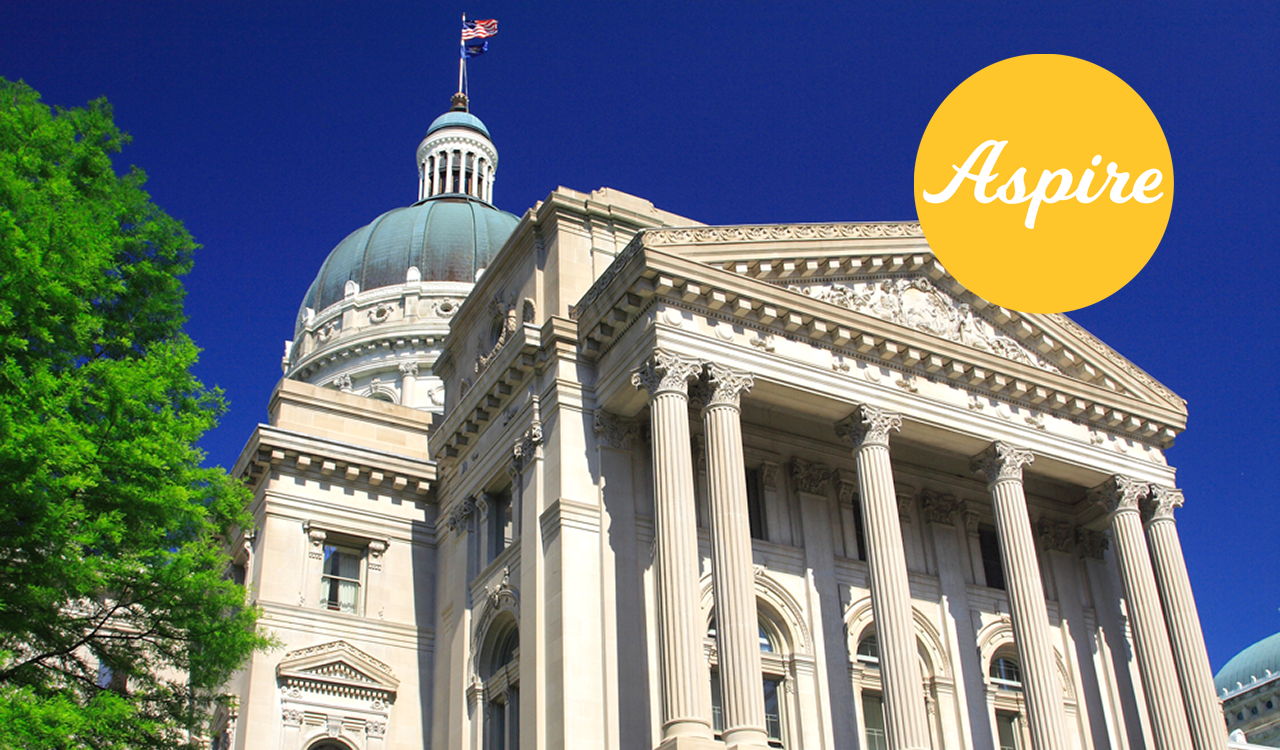Halftime at Statehouse – Tax Bills Die, Affordable Housing Makes Cut

Last week marked the halfway point of the 2022 legislative session. Focus shifted at the Statehouse to each respective Chamber, with third reading (final vote) deadlines in the House last Monday and the Senate on Tuesday. Now that the Legislature has reached its official halftime, bills that did not make the trek past its chamber of origin are considered dead.
The House concluded its work Tuesday morning, having passed its bills Monday. There was an extended debate on priority bills and other bills including HB 1116 which was amended late in the process tightening mail-in voting rules. HB 1116 passed 66-28 and even drew Speaker Huston off the dais to speak in support of the bill, into a rare moment at the podium to speak on the issue.
In the midst of the debate in the House and Senate, Governor Holcomb quietly extended the State’s Public Health Emergency on Tuesday for an additional month. And while HB 1001 and SB 3 have passed their chambers of origin and now await hearings, the debate continues in Statehouse hallways and third houses back at home. We will likely see this issue hashed out in the last moments of the session, during the conference committee. As a reminder, Aspire has opposed the additional regulatory and cost burdens to employers in HB 1001 and therefore supported SB 3 as the preferred bill to end the public health emergency, because it does not include employer vaccine and testing regulation language.
Government Price Setting in the Free Market
Aspire jumped into an issue late in the first half of the session we didn’t anticipate. HB 1109, which sought to impose government price-setting on non-alcoholic beverages, was heard in the House Commerce Committee. The bill has been filed in the past, we think at the behest of a constituent but never received a vote. When it passed out of committee, under Republican control, business groups and chambers of commerce became alarmed. Aspire signed a joint letter opposing the legislation. Fortunately, the bill was never called for a final reading and died on the House floor. This was a huge win for businesses and free market.
Business Personal Property Tax
We previously reported on several bills that aimed to reduce or eliminate the Business Personal Property Tax (BPPT). After the start of the session, studies came out illustrating the budgetary impact to local communities across the State. Subsequently, SB 150 and SB 378, which sought to increase the acquisition cost threshold and lower the minimum depreciation floor, did not further move in the Senate and died. On the House side, HB 1002 passed the full floor by a vote of 68-25. With the Senate not moving any BPPT legislation, the future of HB 1002 is uncertain. Reducing business taxation is always a promising idea, but taking a pause and conducting due diligence in this matter is the best course of action because we do not want to hurt our local communities which drive quality of life and help attract talent.
Sales Tax on Services
HB 1083 sought to impose a sales tax on services. Aspire opposes such measures. The House Ways and Means Committee heard the bill but did not take a vote before committee deadlines, so the issue is considered dead for the session.
Affordable Housing
This critical community development topic has received much time and attention from Aspire’s staff, leadership, and Growth + Planning teams. Housing inventory and price variety have been a challenge locally and across the State. We are excited to report that SB 262, legislation that creates a tax credit to spur financing of affordable and workforce housing options, passed out of the Senate 47-0 last week. It has been referred to House Ways and Means for further consideration. And HB 1306, which creates a Statewide Housing Task Force, passed out of the House 70-20.
After a few days off, the House and Senate started the second half this week, where the legislative process starts all over again in the opposite chambers. Bills that passed the House will now be heard in the Senate and visa-versa. There have been many bills dealing with tax matters for a non-budget year, which is not common. Stay tuned to see what happens in the second half.
